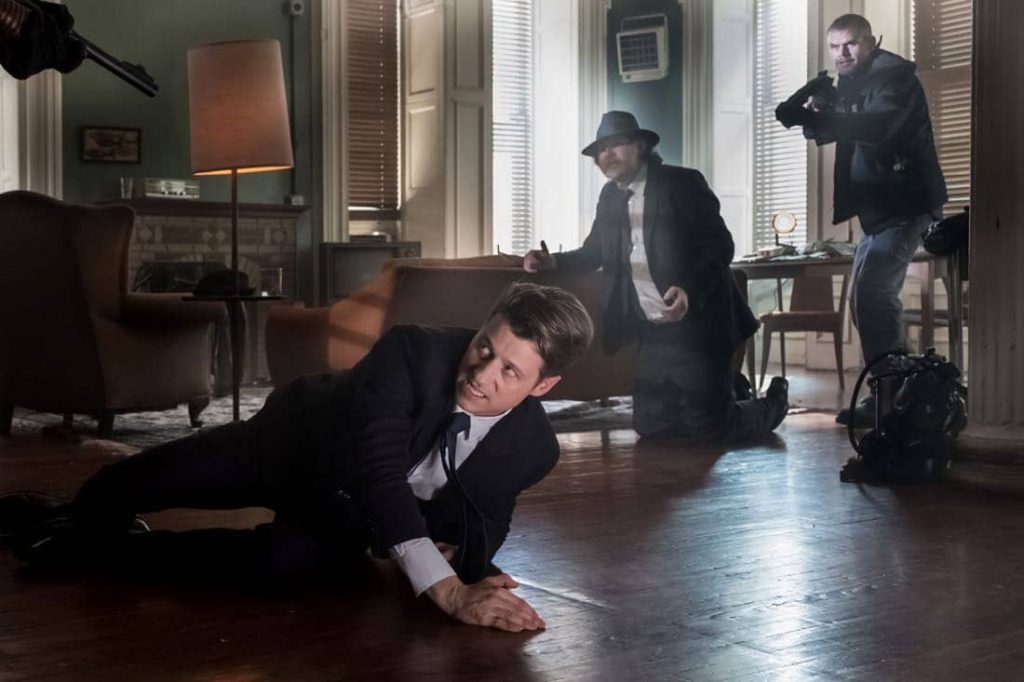
If comic delivery became weaponized, Johnathan Fernandez would be a lethal weapon. And if that’s a long way to go in order to make a connection between the series “Lethal Weapon” and the spot on timing of the former comedian-turned-actor, so be it. This writing thing is hard! (And we’re not the only ones who think so, as you’ll see below.)
Silliness aside, the Poconos-raised Fernandez has and continues to be a breath of fresh air every time he appears on the hit FOX series, currently in its second season. Aside from being the best dressed medical examiner ever to tag a toe, his character Scorsese is also an aspiring screenwriter who tries to strike an internal balance between the reality of his day job and the fiction he longs to tell through his scripts.
We recently sat down with Fernandez to discuss the episodic journey of a character, the first time he improvised with Damon Wayans, and why the series continues to work so well while other reboots fail.
TrunkSpace: You’ve portrayed Scorsese in about two dozen episodes of “Lethal Weapon” so far. From an acting standpoint, is this the longest you have ever spent with one character, and if so, how do you view that experience in terms of seeing a character grow over an extended period of time?
Fernandez: Yeah, it is the longest I’ve played a character for sure. It’s really interesting to see how it has evolved, because I think when you go into the first episode of doing any kind of character, you kind of feel like you have it all figured out, because you work hard to make sure that you’re ready for the first time the camera is on you for that character. It’s fascinating to then look at my work in the first season and think about all the things I would change, or, just how much more in tune I am with the character now.
I think most actors figure that out, or have that experience, when they move on to a second season of a show or a third season. You always feel like you’re doing great work, but then you’re also, obviously, trying to get better and better all the time. When you get to a second season, you’re like, “Oh man, okay, now I’ve figured this out, and I didn’t realize that I didn’t know this part about the character, and now it’s way more fluid.” You learn. Every episode you learn new stuff, because you’re always filling in the blanks and coloring in the lines, so it’s absolutely super intriguing to find yourself in that position of always evolving, regardless of how many times you’ve done the character or not.
TrunkSpace: And we would have to imagine that just seeing your character put in different circumstances, and how he reacts to those situations, helps fill in those blanks even further? For example, we could go to one party and feel completely comfortable, and then go to a different party with a different vibe and feel completely out of place.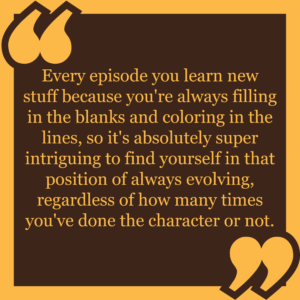
Fernandez: Yeah, it’s almost hilarious how not different it is from that. It really is that situation, because it’s like, “Yeah, I know what his deal is…” but now that he’s actually on a ride along, or now that he’s been in a different part of the office for the first time, it gives you a lot of room to improvise and try out new stuff, because it is a completely different environment. How will he, Scorsese for instance, react in this scenario?
TrunkSpace: From that first moment you read the sides and learned who Scorsese was going to become, did he go through a lot of changes from then to when you ultimately took ownership of him on the first day of shooting?
Fernandez: Shockingly, not really. I remember almost being taken aback when I had the first table read, the very, very first one, which was also the first time I was meeting Matthew Miller, McG, and Damon (Wayans), and literally everybody else, I was meeting for the very first time that day. I remember when we sat down and read it, and once I stopped thinking about the fact that I was sitting between Kevin Rahm and Jordana Brewster, once I got over that, I was just performing and stuff. Then afterwards, I felt pretty good about it. I asked McG, and I asked Matt Miller, I was like, “What do you think? Where are you at?” I didn’t even know what questions to ask because I was just so overwhelmed with the whole situation. Miller was calm and was just like, “Yeah, do your thing. We hired you because we really like the things that you’re doing already, so just lean into that. Feel free to improvise.” And that was literally it.
When we went to the next table read, which was with all the bigwigs at Warner Bros. and FOX, I just did pretty much the same thing, but did improvise more. That got received really well, and it gave me an opportunity to play with Damon and Clayne (Crawford) a little bit at the table. That was honestly it. That cemented the whole thing.
We do have talks, Miller and I, about the character, and the future, and how the character will feel in certain situations – just to really fill in a lot of the areas that we haven’t really approached yet. Those are very helpful. But in terms of the baseline, we pretty much figured it out the first day, and that was it.
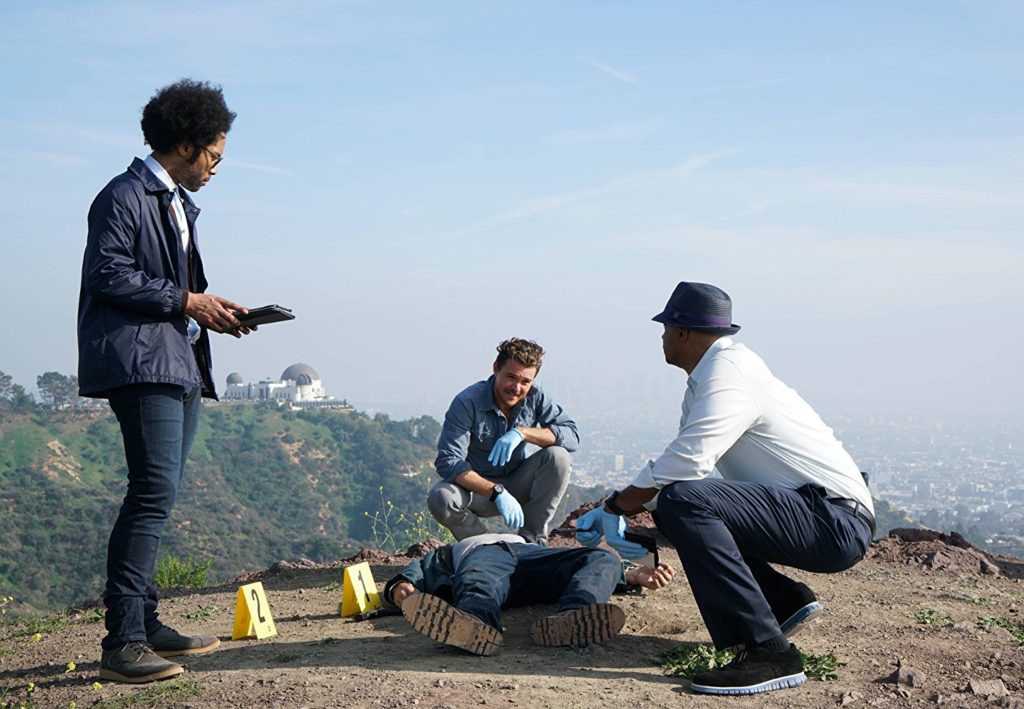
TrunkSpace: We know that you have a sketch/improv background. Getting to riff with Damon, someone who really turned an entirely new generation onto the medium with his work on “In Living Color,” that had to be exciting?
Fernandez: Yeah. Actually there’s a scene in the morgue, in the pilot, and that scene was the first scene that was shot of the whole pilot. I didn’t have a chance to get to Los Angeles, do the first couple table reads, and just kind of sit around for a while and get myself hyped up for my scenes. I didn’t have that opportunity, because the day that we were starting, which was the day after the major table reads, was my first day, everybody’s first day – the first scene up. It was really crazy when we were trying to figure out the beats, how the lines in the dialogue were going to work out. There was some dead space, no pun intended, in the morgue, where I was pulling the body out, and there was just a lot of filler that we needed to figure out, because there were a lot of mechanics that we had to work around for the dialogue to work. McG had said, “Fill in the time with whatever. Feel free to improvise.”
The scene was where I got a call from Murtaugh and Riggs to say to be at the morgue. It’s undisclosed, but it’s either after hours, or my day off. So I’m coming in, and I don’t really want to be there. They make a joke saying, “Thanks for coming in on your off day,” or whatever, and I respond saying, “Oh, well anything to get out of writing, because writing is really hard.” That’s what the end of the dialogue was, until the body was pulled out, and then Damon improvises, “What’s your script about? Are you writing about your Afro?” I said, “Well, I’m not writing about yours.”
I remember thinking instantly, and just looking at his face, being like, “Oh crap, could I say that? Is this real life? I don’t know what’s happening right now.” Literally, UCB’s (Upright Citizens Brigade) whole mantra is just, don’t think. That’s the whole thing, don’t think. You already know your character. What would the person do next, and just improvise from a very real place. Obviously, immediately I was like, “Oh shit,” and then Damon’s face, I will never ever forget it in my entire life, because it was like, “Okay, we’re going to do this,” kind of thing.
TrunkSpace: (Laughter) The green light!
Fernandez: Exactly! We ended up improvising a ton that first morning, and it really kind of set the tone for our relationship, and the relationship with Scorsese, Murtaugh, and Riggs.
Just having that levity, which is the entire show – that’s why the show is liked by so many people, because there’s a lot of different situations that you also have that banter, and have that fun, so it’s not always doom and gloom. Since then, we try to improvise as much as possible. It doesn’t always make the cut, because it doesn’t always make sense to make the cut, but it definitely was just like… man, being able to make a guy like Damon laugh, and standing toe to toe, it means everything.
TrunkSpace: From what we understand, “Lethal Weapon” was one of your favorite films growing up. As a fan of the original, did you second guess if a series based on the movie would even work?
Fernandez: 100 percent. I’m a huge nerd and I consume a lot of different types of media. I know that if I was on the sidelines for this thing, seeing it get announced, I’d have been like, “There’s no way it’s going to be good. It’s impossible. It’s going to be the worst show of all time.” Especially just because reboots in general… most of them haven’t really worked.
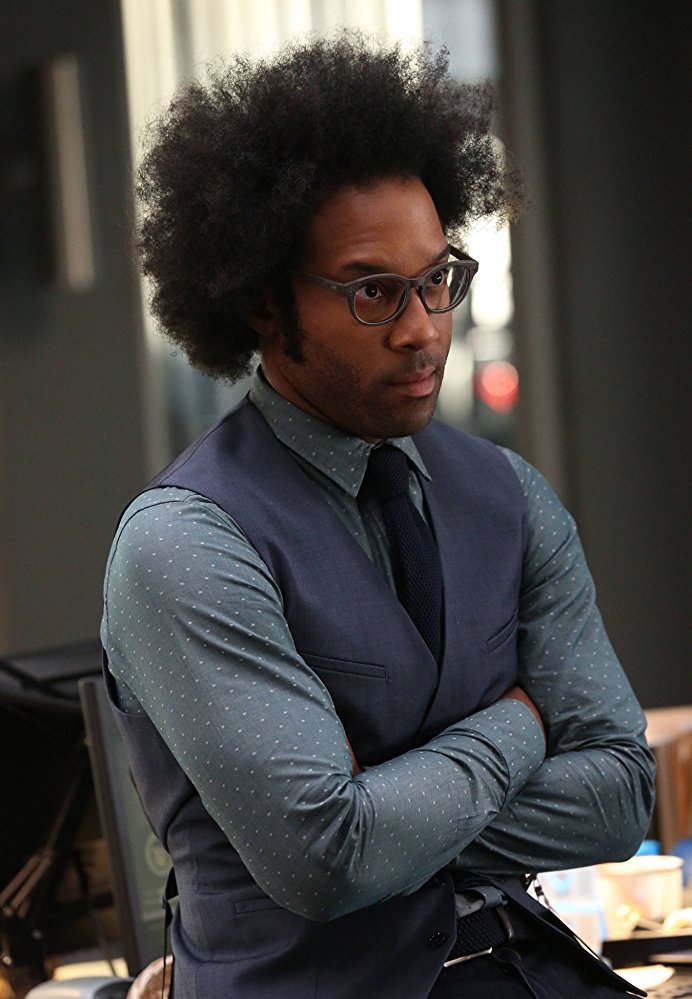 TrunkSpace: And of course, there’s expectations to live up to when something is based on something else.
TrunkSpace: And of course, there’s expectations to live up to when something is based on something else.
Fernandez: Totally. And if anybody was about to reboot something, the immediate advice I would give them is, you have to do your own thing. You have to. I talked about this with Clayne too, just to re-imagine his character, he likens it to theater. How many actors have played Hamlet? Just because you’re going to be Hamlet doesn’t mean that you’re going to do the same thing as the other guy. In fact, you’re going to try your hardest to not do the same thing that the previous guy did. But for some reason, when it gets to television, and things are being re-imagined, they try to do the same thing, and then obviously, it doesn’t work.
It was cool to read the script, and be like, “Oh wow, this is actually going to be pretty legit.” Then when I watched it, I was very, very pleasantly surprised at just how good it is. All of the actors in it are so great. The vision behind it, the groundwork laid by McG and the work that Matt Miller had done going into the pilot, was just so excellent – to make it really stand out, and not be just a regurgitation of the previous movies, even though we all love them, obviously.
We get it all the time now in social media and in reviews, just people saying, “I don’t think about the previous ‘Lethal Weapon’ movies at all when I watch the show,” which is probably the highest compliment that we could ever get.
TrunkSpace: What the show has done so well and so successfully is opening up and expanding the world. It feels like that is what makes you not focus on the films.
Fernandez: Right, and that’s what’s cool about television, is that in a film, you have a finite amount of time, even if you have several sequels, to tell one story. Television is literally the same characters in as many different situations as possible. If you have a baseline where the story is two cops in Los Angeles, working for the LAPD, solving crimes, you just have to show them dealing with different crimes. Crime, that’s not going anywhere. There’s going to be new kinds of crimes happening all the time, unfortunately. To just see how these detectives and the people around them would react in different situations is television, so it’s nice to completely bet everything on that and just say, “Hey, remember when you watched Riggs and Murtaugh explode a bunch of stuff, and say a bunch of funny things in the movies? Well, now you’re going to have an opportunity to see them do that every week.” If you are doing the job well, then it’s like, “Yeah, I want to keep on coming back and seeing what these guys are up to.”
“Lethal Weapon” airs Tuesdays on FOX.
Feature image by: Rowan Daly



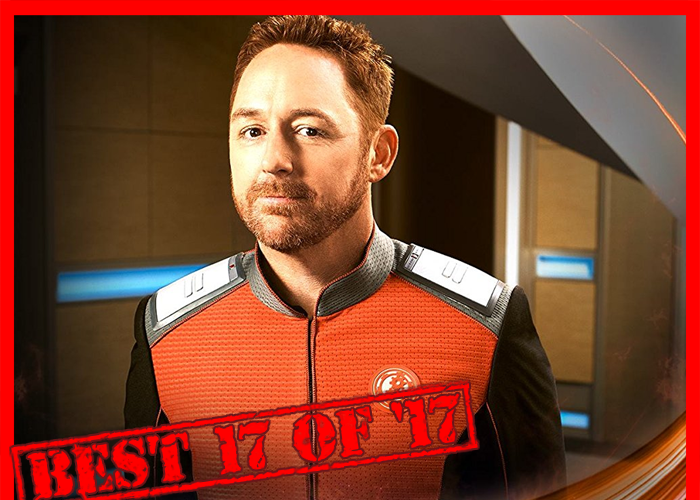
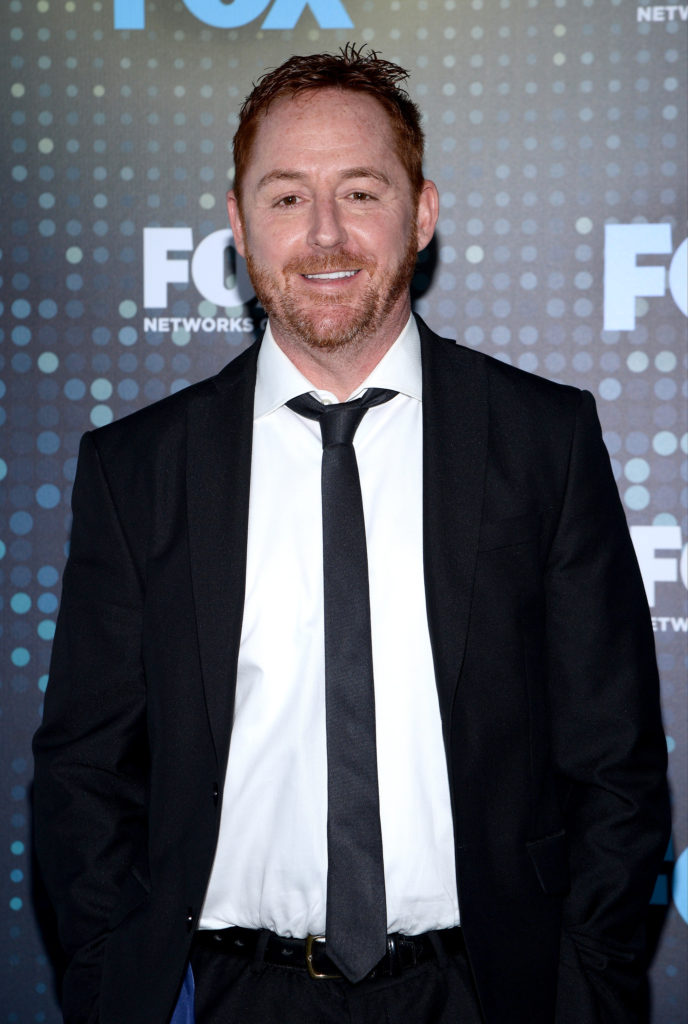
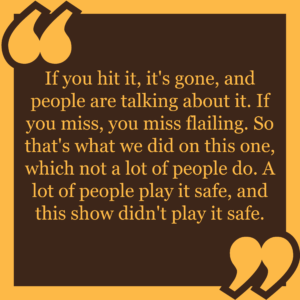 during something that people are taking pretty seriously. You don’t want someone at home to go, “Dude, why did you have to say that stupid thing when we’re in the middle of this great explosion?”
during something that people are taking pretty seriously. You don’t want someone at home to go, “Dude, why did you have to say that stupid thing when we’re in the middle of this great explosion?”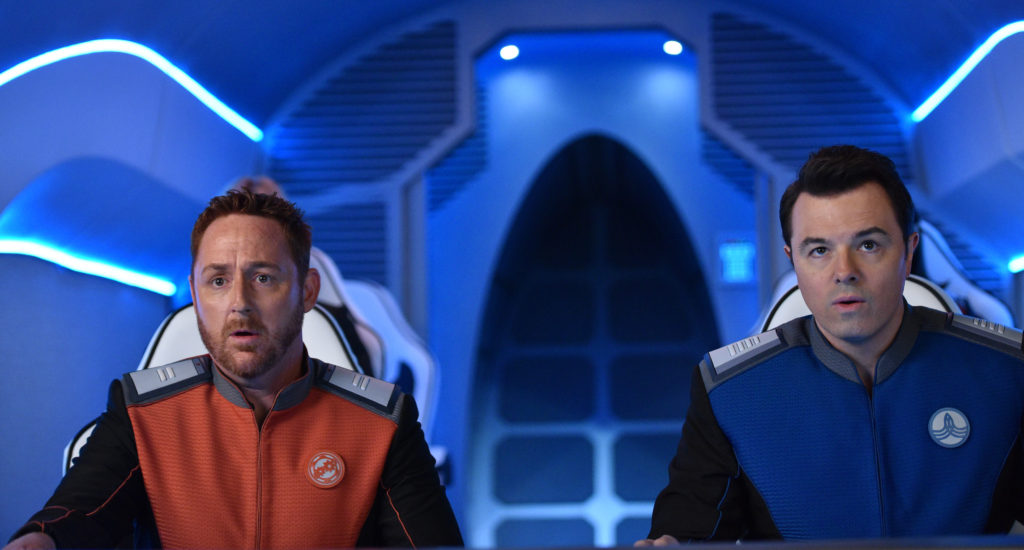

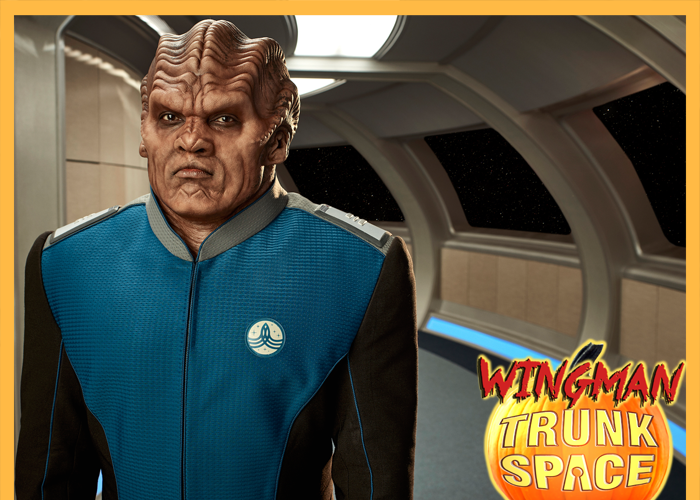
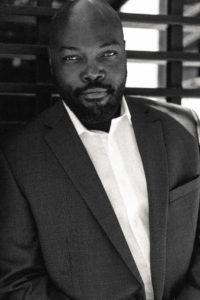
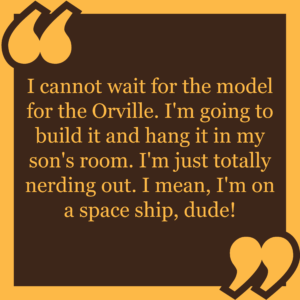 about 30 percent of my hearing, I have kind of limited range, like periphery and turning my neck, and stuff like that. But then you just use that for the character, because he’s kind of stiff and he’s kind of a rigid, no nonsense, very serious cat. So, you know, it just kind of works itself in. You just take what you get, and you make it into what you’re supposed to make it.
about 30 percent of my hearing, I have kind of limited range, like periphery and turning my neck, and stuff like that. But then you just use that for the character, because he’s kind of stiff and he’s kind of a rigid, no nonsense, very serious cat. So, you know, it just kind of works itself in. You just take what you get, and you make it into what you’re supposed to make it.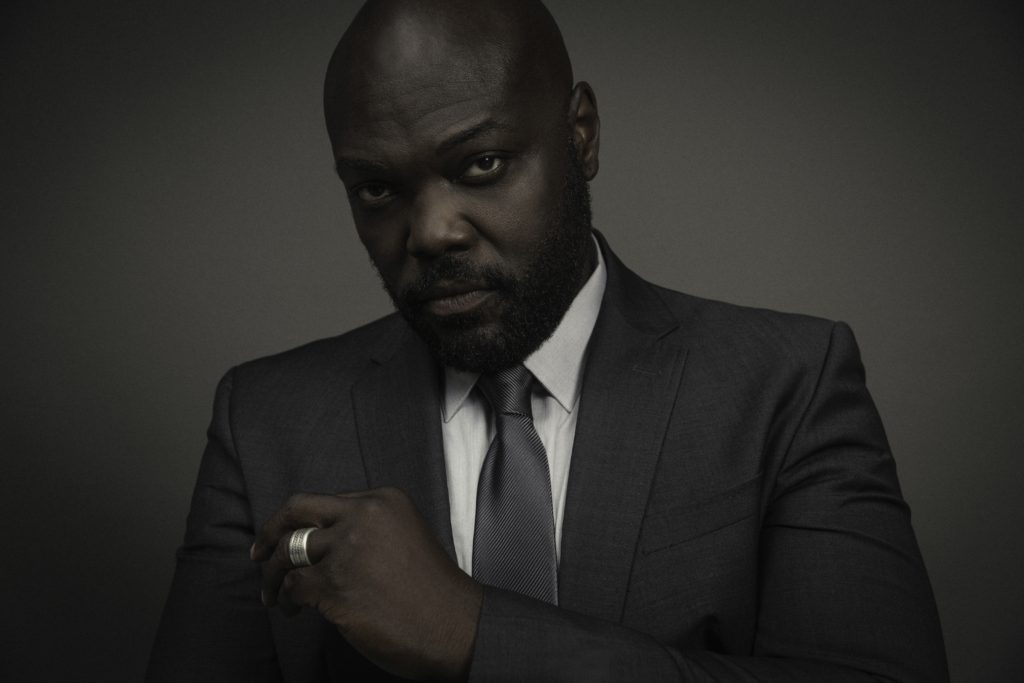
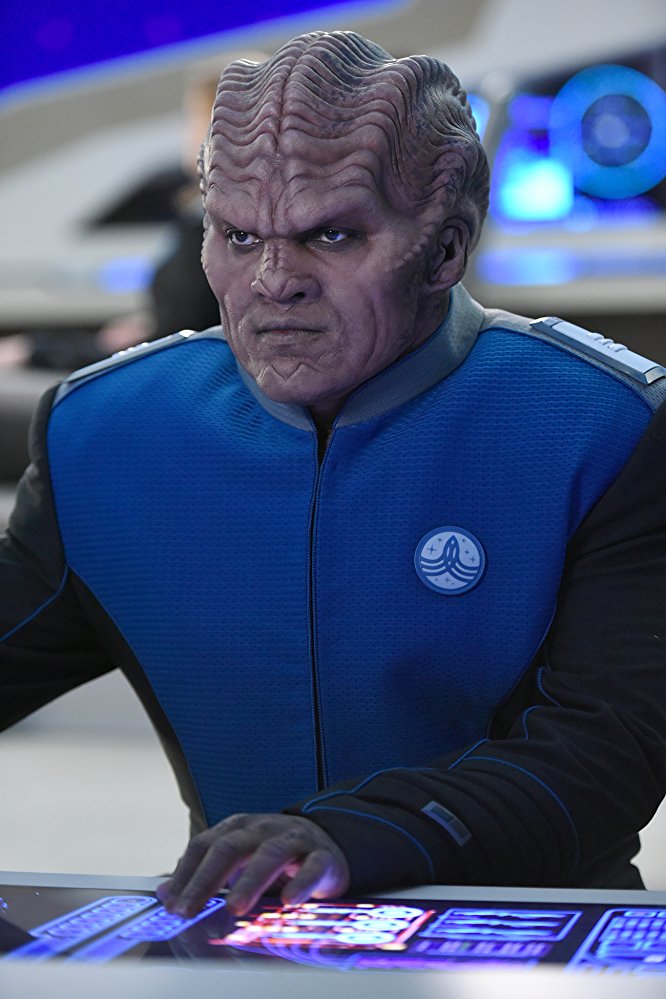 TrunkSpace: And on the opposite side of that coin, 10-year-old you must be psyched because you’re on a spaceship getting to bring this really fun, alien character to life?
TrunkSpace: And on the opposite side of that coin, 10-year-old you must be psyched because you’re on a spaceship getting to bring this really fun, alien character to life?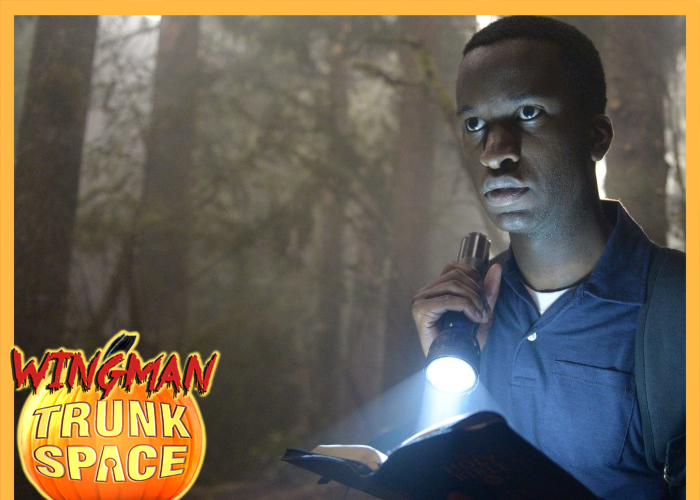
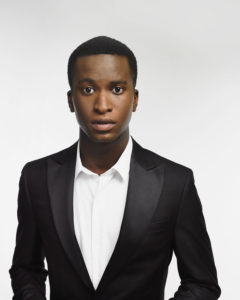
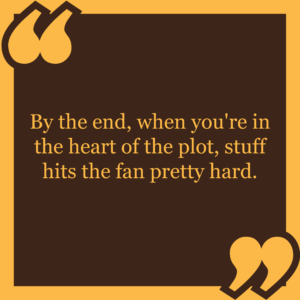
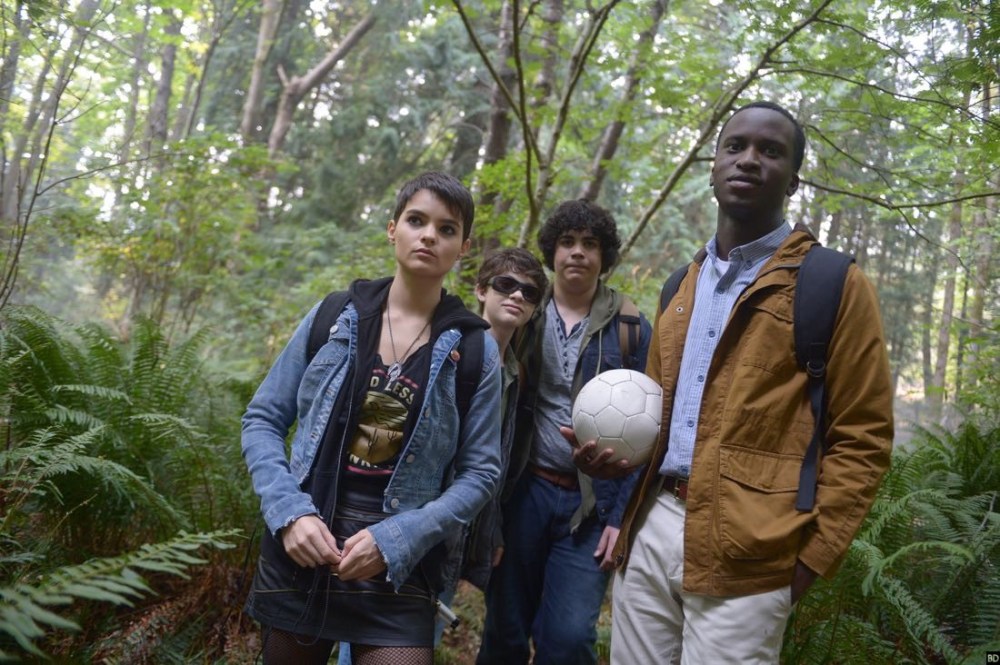


 game-changer?
game-changer? TrunkSpace: You’re also a musician as well and have an EP, “Lost At Sea,” out now. Do you view your acting career and your songwriting as two entirely separate entities?
TrunkSpace: You’re also a musician as well and have an EP, “Lost At Sea,” out now. Do you view your acting career and your songwriting as two entirely separate entities?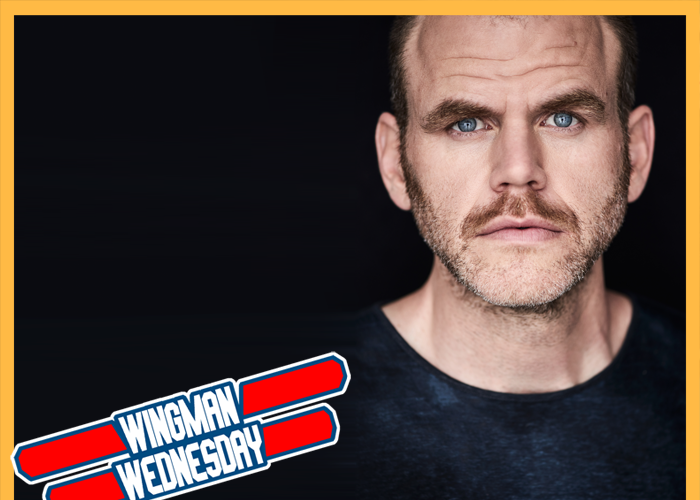
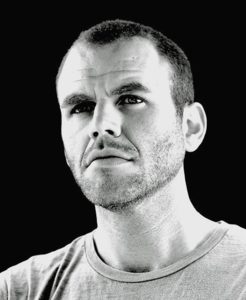 With a new season underway and Dr. Jonathan Crane bringing terror to all of those he faces, the inhabitants of “Gotham’s” fantastical world are finding themselves once again wondering why they have yet to relocate to a less chaotic city. Smack dab in the middle of the mayhem is new cast member Michael Maize, whose interaction with Crane’s Scarecrow in the first episode of the season helped set the stage for the frights and fights to come.
With a new season underway and Dr. Jonathan Crane bringing terror to all of those he faces, the inhabitants of “Gotham’s” fantastical world are finding themselves once again wondering why they have yet to relocate to a less chaotic city. Smack dab in the middle of the mayhem is new cast member Michael Maize, whose interaction with Crane’s Scarecrow in the first episode of the season helped set the stage for the frights and fights to come.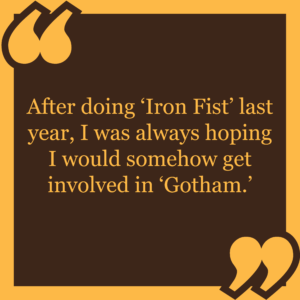 it is a bit of a throwback and feels more like those than the grittier, hyper-realistic adaptations of today.
it is a bit of a throwback and feels more like those than the grittier, hyper-realistic adaptations of today.